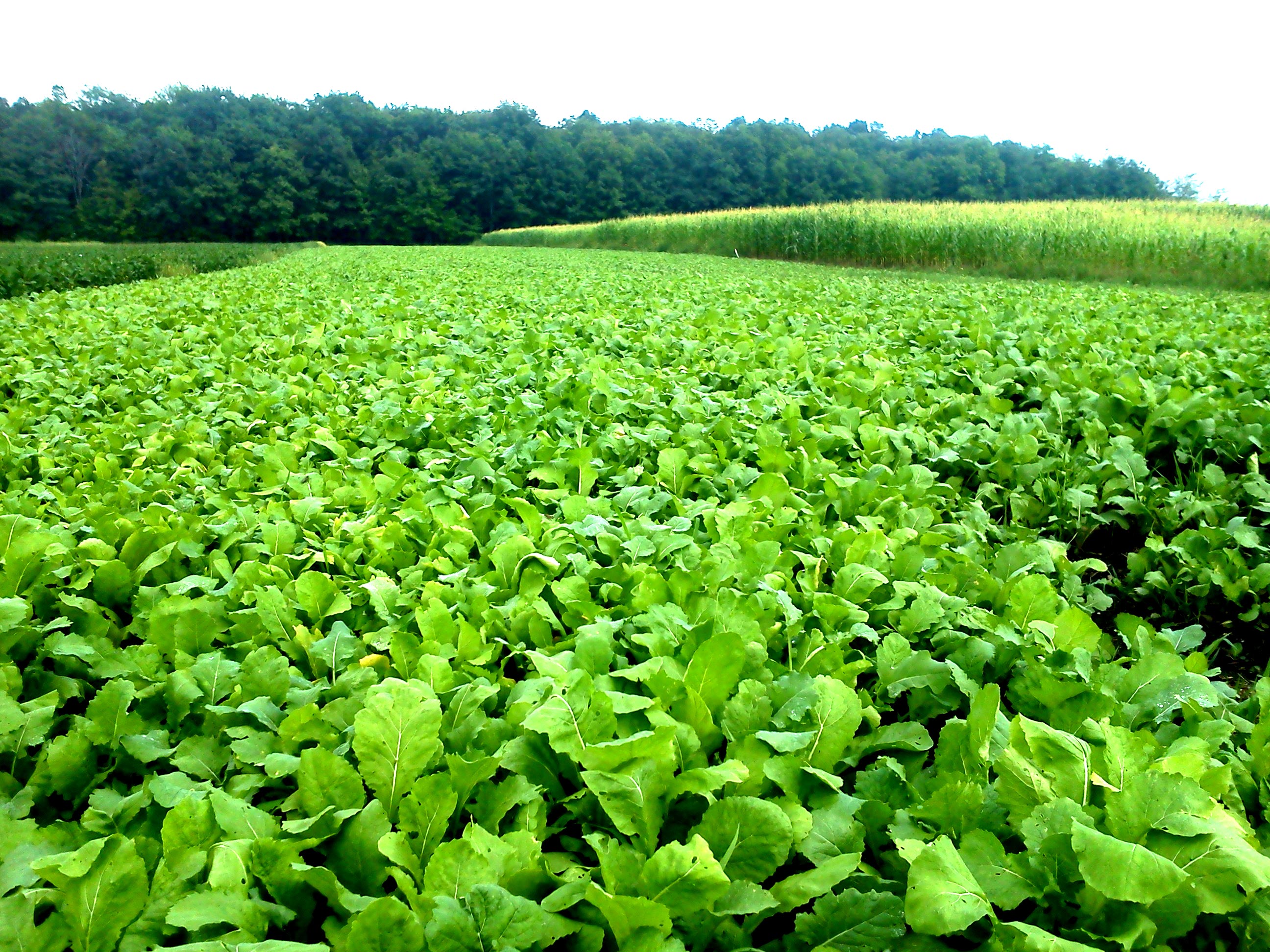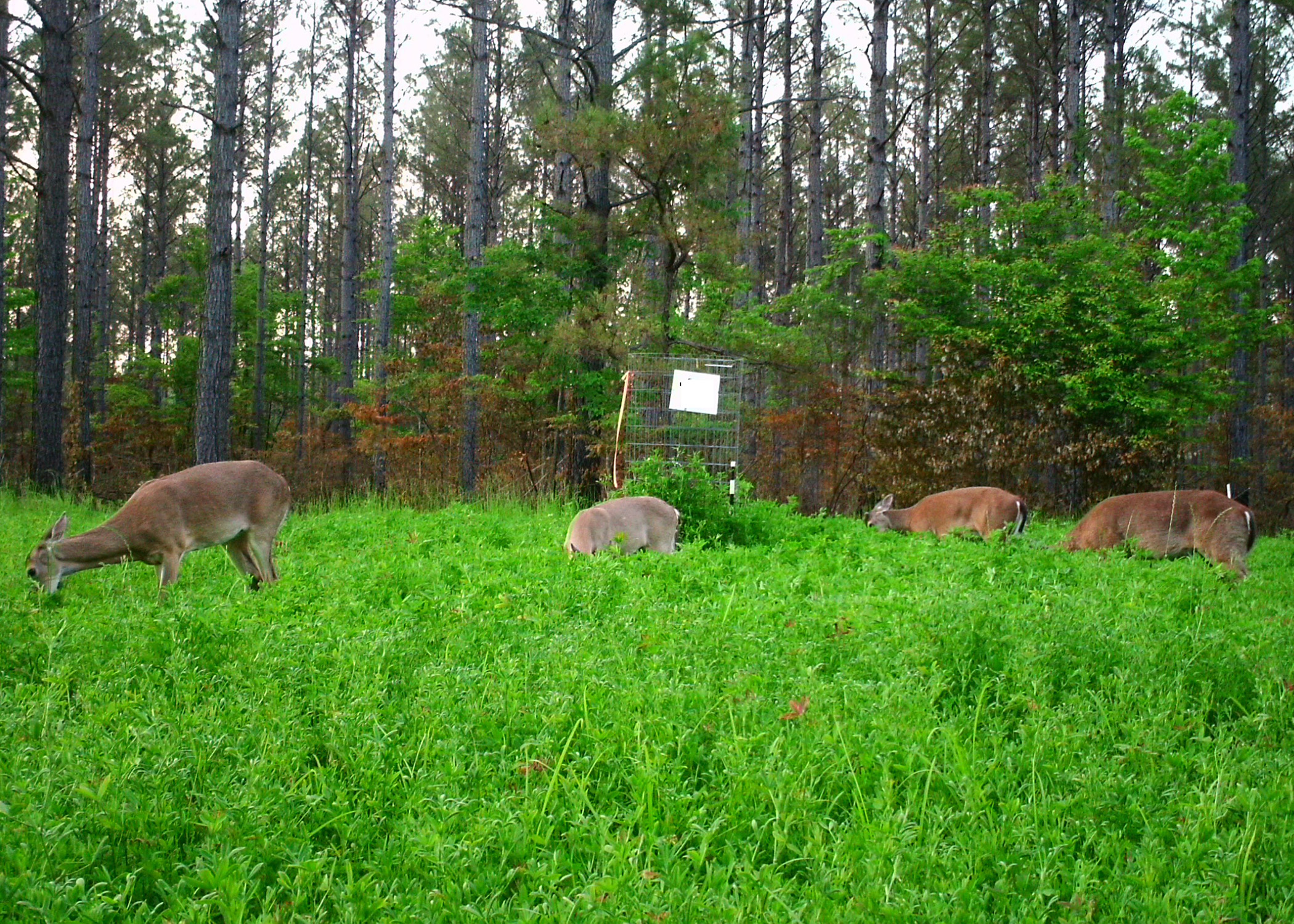Embark on a journey into the world of deer meals plots, the place we discover the artwork of making and sustaining thriving havens for these majestic creatures. From choosing the right location to implementing efficient administration methods, this complete information empowers you with the information to determine and nurture deer meals plots that can appeal to and maintain these beloved animals.
Deer Meals Plot Varieties

Deer meals plots are areas of land which are managed to supply nutritious meals for deer. There are three principal forms of deer meals plots: everlasting, semi-permanent, and annual.
Everlasting meals plotsare established with perennial crops that can final for a number of years. These plots are usually planted with a mixture of grasses, legumes, and forbs. Everlasting meals plots are the costliest to determine, however they supply essentially the most constant meals supply for deer.
Semi-permanent meals plotsare established with crops that can final for 2 to 3 years. These plots are usually planted with a mixture of annuals and perennials. Semi-permanent meals plots are cheaper to determine than everlasting meals plots, however they don’t present as constant a meals supply.
Annual meals plotsare established with crops that can solely final for one 12 months. These plots are usually planted with a mixture of grains and legumes. Annual meals plots are the least costly to determine, however they don’t present a constant meals supply for deer.
Appropriate Plant Species
The very best plant species for deer meals plots will differ relying on the local weather and soil circumstances in your space. Nonetheless, a number of the most typical and profitable plant species embrace:
- Grasses:fescue, orchardgrass, ryegrass, wheat
- Legumes:alfalfa, clover, soybeans
- Forbs:chicory, clover, lespedeza
Location and Web site Choice
Choosing an applicable location for a deer meals plot is essential to its success. It ought to meet the particular wants of deer, making certain they readily make the most of the plot.
Take into account these components when selecting a location:
Soil Situations, Deer meals plots
- Deer desire well-drained, fertile soils with a pH between 6.0 and seven.0.
- Conduct a soil check to find out the pH and nutrient ranges of the soil.
- Amend the soil as needed to realize optimum circumstances.
Daylight
- Meals plots require a minimum of six hours of daylight per day.
- Select a location that receives ample daylight all through the rising season.
Water Availability
- Deer want entry to water inside a quarter-mile of the meals plot.
- Take into account making a water supply or planting vegetation that pulls water, resembling willows.
Accessibility
- The meals plot ought to be simply accessible to deer.
- Keep away from areas with dense vegetation or steep slopes.
Web site Evaluation and Soil Preparation
Conduct a web site evaluation earlier than planting the meals plot. Stroll the world, noting soil circumstances, daylight availability, and water sources.
Put together the soil by:
- Clearing vegetation
- Tilling the soil to a depth of 6-8 inches
- Amending the soil as wanted
Planting and Upkeep

To ascertain a thriving deer meals plot, meticulous planning and execution are important. This part delves into the intricacies of planting and sustaining a deer meals plot, encompassing seed choice, planting methods, irrigation practices, and ongoing upkeep methods.
Seed Choice
Choosing the suitable seed mix is paramount to the success of a deer meals plot. Take into account the particular dietary wants of deer in your space, soil circumstances, and desired planting season. Go for a mix that provides a various vary of palatable and nutritious forage choices, resembling clover, alfalfa, chicory, and brassicas.
Planting Methods
Correct planting methods guarantee optimum seed germination and institution. Put together the soil by tilling to a depth of 6-8 inches, eradicating weeds, and amending the soil with fertilizer or lime as wanted. Broadcast the seeds evenly over the ready space and frivolously rake them into the soil to make sure good seed-to-soil contact.
Irrigation Practices
Sufficient moisture is essential for seed germination and plant development. Water the plot repeatedly, particularly throughout dry spells. Keep away from overwatering, as it may result in waterlogging and root rot. Make the most of a sprinkler or drip irrigation system for environment friendly water supply.
Ongoing Upkeep
Ongoing upkeep is important to maintain the well being and productiveness of the deer meals plot. Recurrently mow or trim the vegetation to forestall weed invasion and encourage new development. Apply fertilizer as wanted to replenish soil vitamins and promote plant vigor.
Management weeds by means of mechanical elimination, herbicides, or a mix of each.
Administration and Searching Methods

Efficient administration and looking methods are essential for optimizing deer meals plots. Rotational grazing and managed looking are key practices that improve plot productiveness and deer attraction. Moreover, particular looking methods tailor-made to meals plots can enhance success charges.
Rotational Grazing
Rotational grazing includes dividing the meals plot into smaller sections and permitting deer to graze on one part at a time. This observe prevents overgrazing and ensures a steady provide of high-quality forage. By rotating deer by means of the sections, vegetation can get well and preserve its dietary worth.
Managed Searching
Managed looking is important for sustaining a wholesome deer inhabitants and stopping overbrowsing. By regulating the variety of deer harvested, landowners can be certain that the meals plot stays a useful useful resource for the remaining deer. Establishing harvest quotas and monitoring deer numbers by means of path cameras or different strategies is vital.
Attracting and Retaining Deer
To draw and retain deer on the property, meals plots ought to be positioned in areas with good pure cowl and water sources. Planting quite a lot of forage species that present diet all year long can also be helpful. Moreover, minimizing human disturbance and offering supplemental minerals may also help preserve deer within the space.
Searching Methods for Meals Plots
Searching methods tailor-made to deer meals plots embrace:
- Stand Searching:Organising tree stands or floor blinds close to meals plots permits hunters to ambush deer as they arrive to feed.
- Spot-and-Stalk:Transferring cautiously by means of the meals plot and making the most of cowl to get near deer may be efficient.
- Nonetheless Searching:Remaining immobile for prolonged intervals and ready for deer to strategy is a method that requires persistence and ability.
Fast FAQs: Deer Meals Plots
What are the several types of deer meals plots?
Deer meals plots may be categorised into three principal sorts: everlasting, semi-permanent, and annual. Everlasting plots are established utilizing perennial crops that final for a number of years, whereas semi-permanent plots make the most of a mixture of perennial and annual crops. Annual plots, then again, consist solely of annual crops that have to be replanted every year.
How do I select the suitable location for a deer meals plot?
Choosing the best location for a deer meals plot is essential. Take into account components resembling soil circumstances, daylight availability, water accessibility, and proximity to deer journey routes. Conduct a radical web site evaluation to judge the soil high quality and determine any potential obstacles.
What are some ideas for planting and sustaining a deer meals plot?
Correct planting and upkeep are important for the success of a deer meals plot. Select plant species which are palatable to deer and suited to your native local weather. Make use of correct seed choice, planting methods, and irrigation practices. Implement ongoing upkeep measures, together with weed management and fertilization, to make sure the plot stays wholesome and productive.

